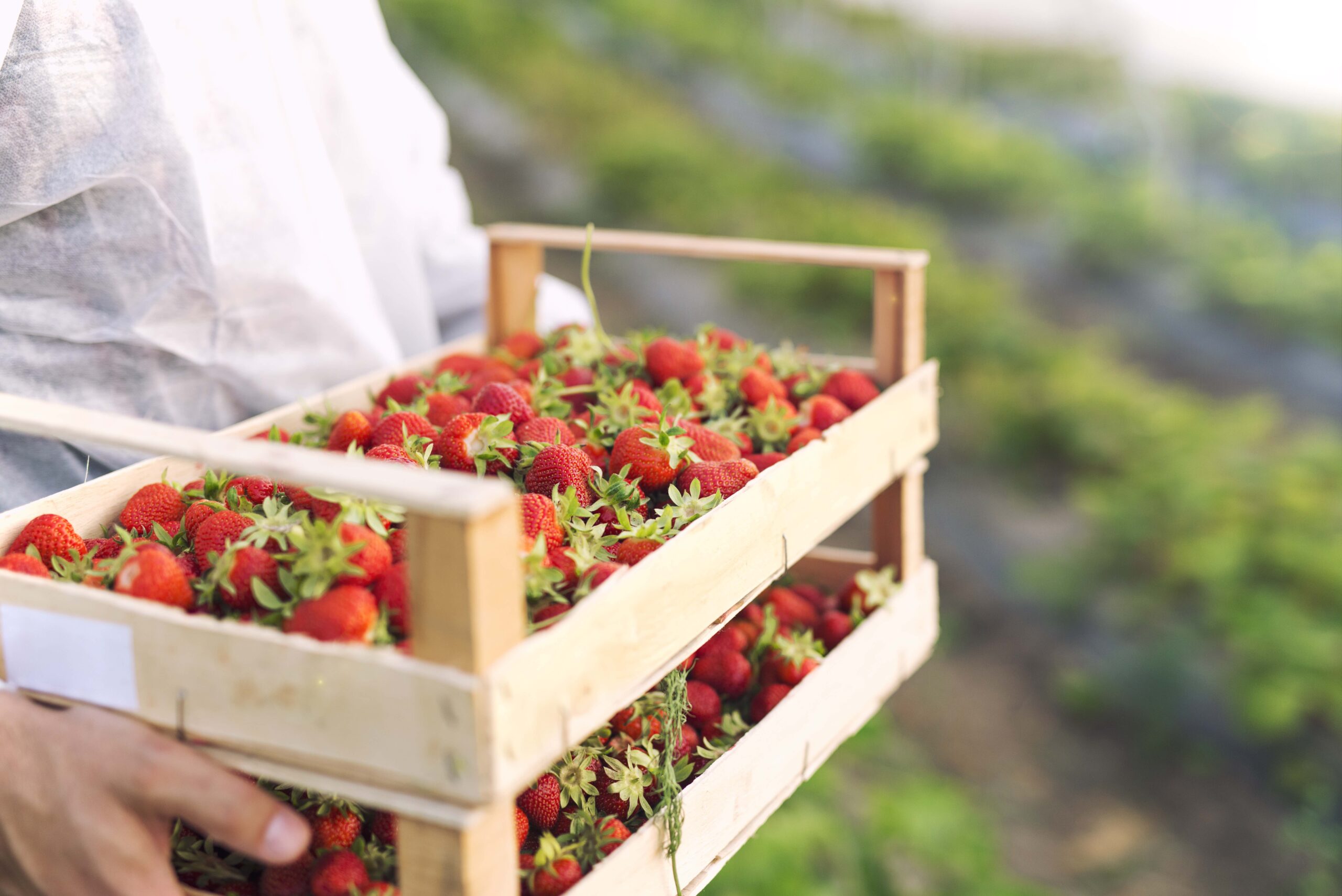Introduction
As consumer preferences shift towards healthier and more environmentally friendly options, organic fruit production is rapidly gaining momentum. Organic farming, especially in fruit cultivation, promises a host of benefits. Organic fruit production involves growing fruit without synthetic pesticides, herbicides, fertilizers, or genetically modified organisms (GMOs). Instead, it focuses on natural processes and ecological balance. Organic farmers use biological pest control, organic compost, cover cropping, and crop rotation to maintain soil fertility and reduce the need for external inputs.
Why is Organic Fruit Production Important?
One of the most significant drivers of organic fruit production is health consciousness. Organic fruits are grown without synthetic chemicals, which many believe reduces consumers’ exposure to harmful pesticides and chemical residues. Studies have suggested that organic fruits may also contain higher levels of certain vitamins, antioxidants, and nutrients than conventionally grown fruits, making them a preferred choice for health-focused consumers.
Healthy soil is the foundation of successful farming, and organic practices focus on preserving and enriching soil fertility. Organic fruit producers use natural compost, cover crops, and crop rotations to prevent soil erosion and nutrient depletion. This not only improves the quality of the fruit but ensures the long-term sustainability of the land. Healthy soil also stores more carbon, playing a role in combating climate change.
Challenges in Organic Fruit Production
Without the use of synthetic pesticides, managing pests and diseases in organic orchards can be more labor-intensive and complex. Farmers rely on natural predators, such as ladybugs and birds, as well as organic-approved pest control substances like neem oil. This requires a deeper understanding of local ecosystems and can sometimes lead to higher costs. Organic farming also tends to be more labor-intensive than conventional methods. Tasks like weeding, pest control, and soil management often require more manual labor and attention, increasing overall production costs. This can make organic fruits more expensive for consumers.
Conclusion
Organic fruit production represents a return to more natural and sustainable agricultural practices. While challenges exist, the benefits for both the environment and human health are driving growth in the sector. In a world increasingly conscious of food safety, organic fruits offer a compelling solution, both for producers and consumers. As we move forward, embracing organic practices could be key to a more sustainable agricultural future.
Comments are closed.




